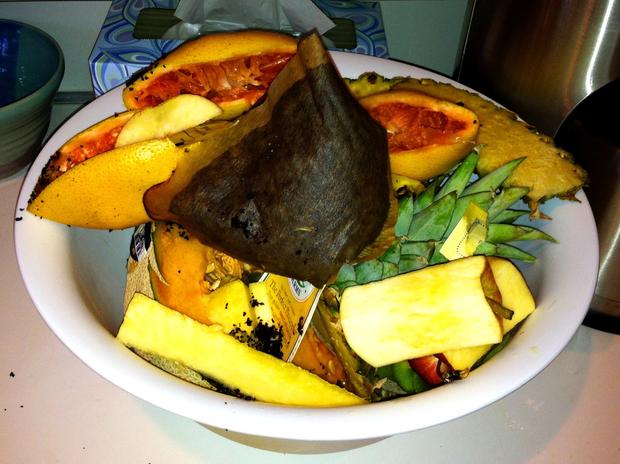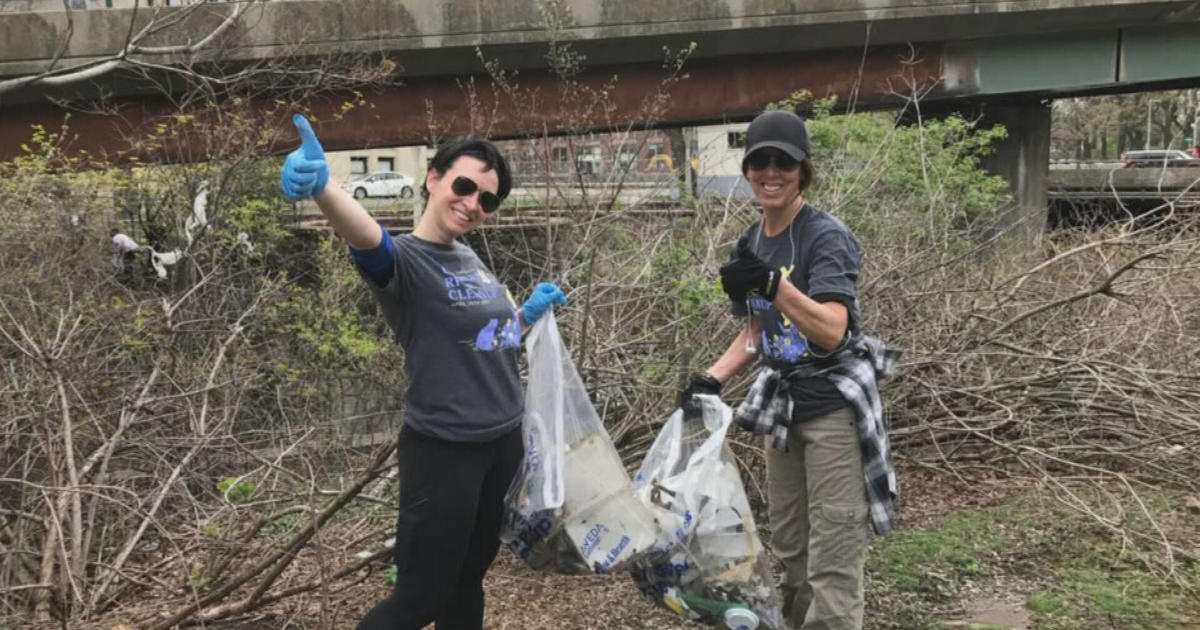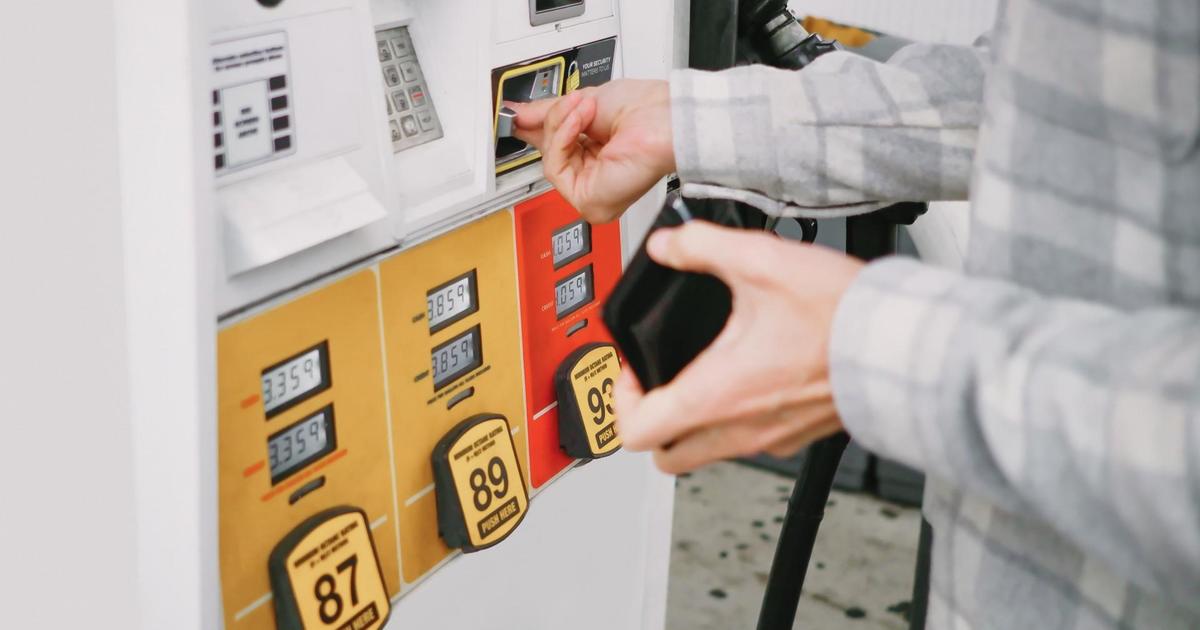How To Compost In Boston
It sounds like it would be tricky to compost food waste in a city because people don't think they have enough space to do it. But truthfully, composting doesn't take up much space at all, especially because it will decrease the amount of space you need for trash. According to the University of Arizona, the average American throws away approximately 1.3 pounds of food per day. Unfortunately, only about 2.7 percent of American household food waste is composted. The good news is that there is a lot of potential for people to improve and make a difference by taking simple actions.
The most effortless way to compost is by initiating what is known as the "stealth method." Detailed directions for other, more advanced methods of composting with or without a yard can be found on the City of Boston website. Follow the steps below to set up your stealth compost system. Many of the supplies needed for composting can be found around the house, or visit Boston Building Resources and have them help get you started with large composting bins or smaller kitchen-sized compost kits.
Boston Building Resources
100 Terrace St.
Boston, MA 02120
(617) 442-2262
bostonbuildingresources.com
Clear a Space for Your Indoor Compost Bin
Make room, preferably near your trash and recycling receptacles, to set up your compost bucket. A few things to consider are how much food waste you anticipate, convenience, smell and aesthetics. If you have a large household, you'll have more food scraps and will need to set aside a larger amount of space for your compost collection, whereas, if you live by yourself, your compost can even be kept simply on your kitchen countertop. You'll also want to keep your compost somewhere convenient - in or near your kitchen - so that you won't be tempted to throw scraps in the trash instead. When it comes to smell, you might be surprised to find that compost doesn't smell as much as you'd think. That said, you still might want to take some precautionary measures - especially since old Boston apartments are prone to mice. It would be helpful to keep the compost bucket in an enclosed space to trap the smell. Being green doesn't mean you have to sacrifice your kitchen design. Since composting is becoming increasingly popular across the country, many companies are designing beautiful and functional composting receptacles.
Gather Necessary Materials
Your compost container should have two layers and a sealable lid with air holes. A diagram can be found here. You'll also need some sawdust to insulate your food scraps. The insulation will keep the scraps slightly warmer and help promote decomposition. Next, you can start collecting food scraps - all except meat, dairy and oils - until your container is full.
 (Credit, Cameron Bruns)
(Credit, Cameron Bruns)
Removing Your Compost
Here you have a decision to make. You can either keep your compost in the container until it decomposes completely, then you can use it as a fertilizer. Your second option is to have a third party pick up your compost for decomposition elsewhere. There are a handful of companies in Boston that offer this service. Or, you can ask nearby restaurants if they compost their waste and if you can add your waste to their compost pickup. Boston Mayor Thomas Menino also announced a new compost drop-off program this year, where compost is collected at the following neighborhood farmers' markets: Harvard-Allston, Egleston Square and Bowdoin-Geneva.
Other composting resources in Boston include Bootstrap Compost, Greenovate Boston and Composting at Boston University.
You May Also Be Interested In These Stories
Cameron Bruns is the founder of BostonGreenBlog.com and co-author of Just Us Gals Boston. She lives in Boston's North End, where her goal is to promote ethical, stylish, and sustainable lifestyle choices to all Boston residents. Her work can be found on Examiner.com.




